Opportunities
for Students
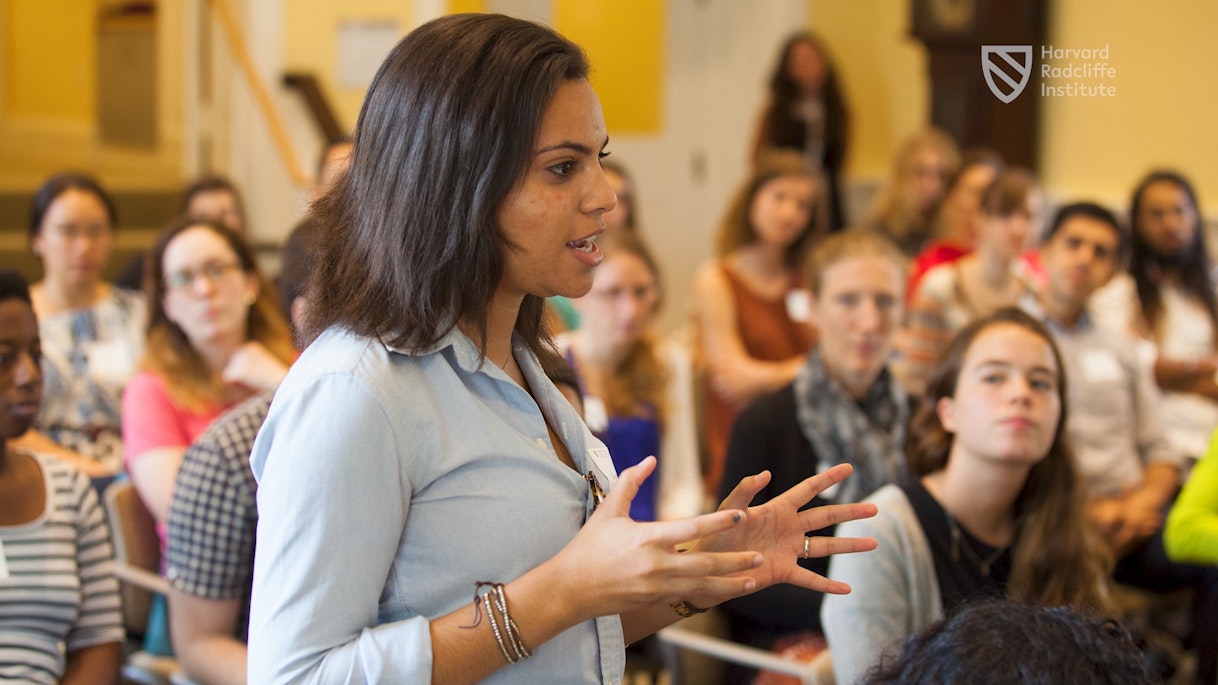
Harvard Radcliffe Institute is one of the world’s leading centers for interdisciplinary exploration. We bring students, scholars, artists, and practitioners together to pursue curiosity-driven research, expand human understanding, and grapple with questions that demand insight from across disciplines.
The Institute is unique among Harvard schools: Although we do not award degrees, we offer unparalleled opportunities for undergraduates and graduate students. Harvard Radcliffe Institute provides learning and research experiences that are difficult to find in a traditional classroom setting. Radcliffe students work directly with our fellows and faculty, providing unique opportunities for mentorship, and they work across departmental boundaries, connecting with peers across the University. Harvard Radcliffe Institute enriches the Harvard student experience by fostering interdisciplinary, engaged scholarship focused on the most pressing issues of our time.
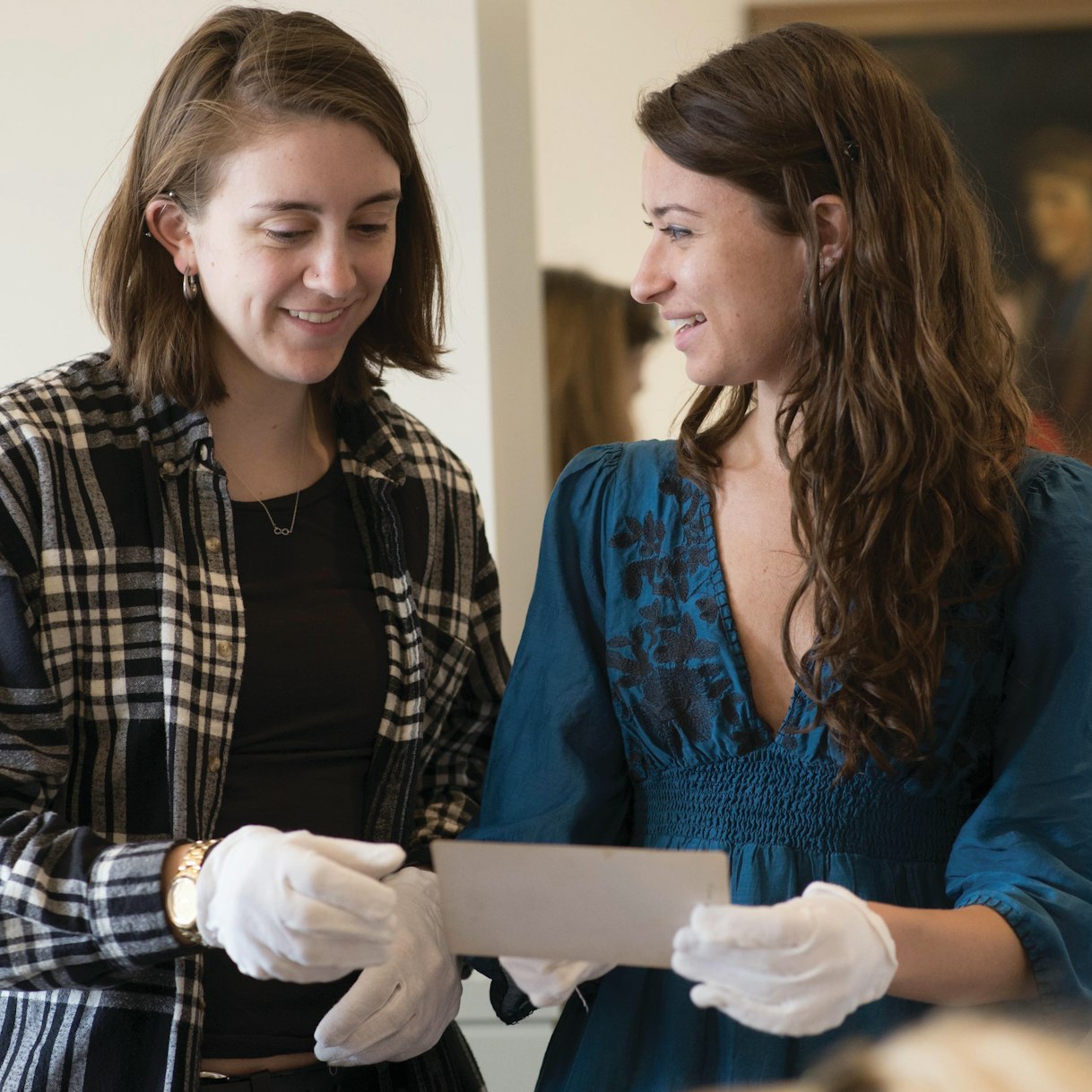
Currently Accepting Applications

Last Chance to Apply for a Radcliffe Research Partnership!
Are you interested in getting paid to work one-on-one with scholars, artists, and professionals at the top of their fields? If so, don’t wait to apply to the Radcliffe Research Partnership program—the application deadline is Friday July 26. This year’s projects include a “feminist-futurist opera employing soft robotics,” research on gender differences in addiction, and work to improve human-computer interaction with real-time brain signals, among many others.
Join the Emerging Leaders Program
The Emerging Leaders Program (ELP) is a youth leadership development program partnering local high school sophomores with current Harvard undergraduates in a mentoring relationship. Together, mentees and mentors challenge limited conceptions of who can be a leader as they build critical skills to drive positive social change. We are no longer accepting applications for the 2023–2024 academic year.
More on the Emerging Leaders Program
Fund Your Research or Project
The Radcliffe Engaged Student Grant Program provides $1,500 stipends per project to support the research, creative, and service work of Harvard undergraduate and graduate students on topics related to the Radcliffe Engaged focus areas. We are not currently accepting applications. Please check back in August for the term-time application cycle of the program.
More on the Radcliffe Engaged Student Grant Program
Carol K. Pforzheimer Student Fellowships provide funding to Harvard undergraduates to do research in the Schlesinger Library’s collections. Harvard Radcliffe Institute’s Schlesinger Library is committed to supporting students to pursue their own research. We are no longer accepting applications for the 2023–2024 academic year. The next application cycle will open on October 28, 2024.
More on Carol K. Pforzheimer Student Fellowships
PhD candidates at all Harvard faculties who plan to finish writing their dissertation in the next academic year are invited to apply. Graduate student fellows participate in the Radcliffe Institute Fellowship Program by attending all weekly fellows’ talks and lunches and presenting their own work to fellows. The application for 2024–2025 is now closed. The 2025–2026 application will open on November 4, 2024.
More on Graduate Student Fellowships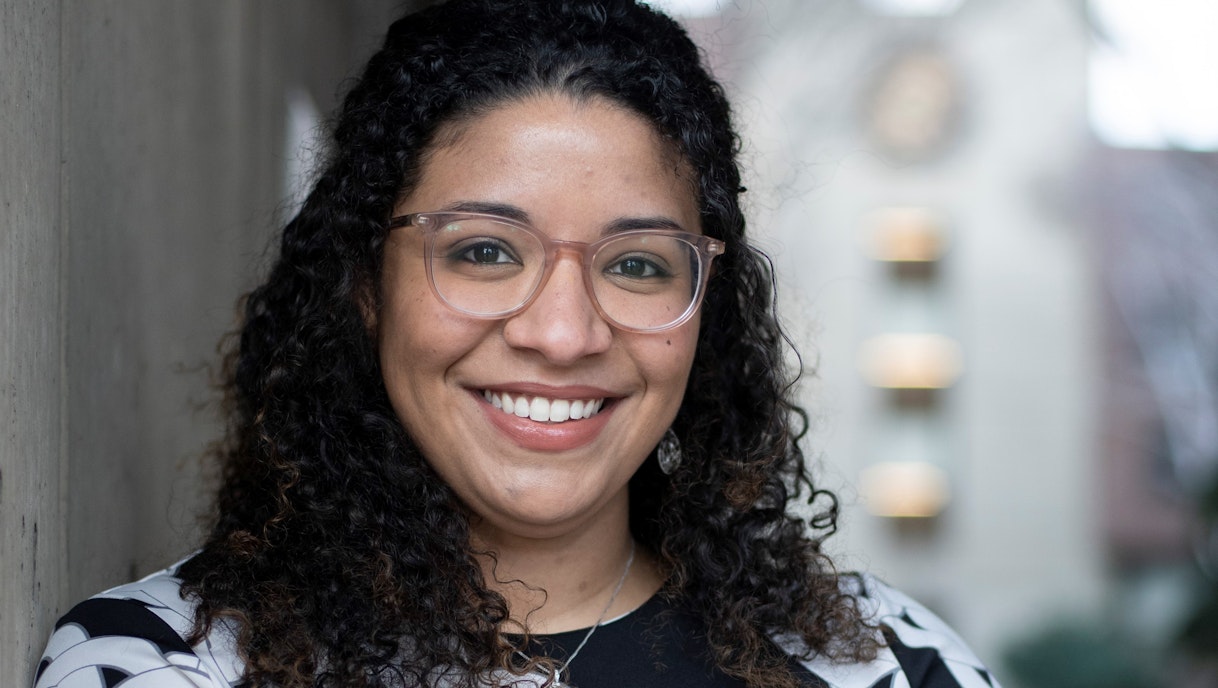
The Radcliffe Institute Public Art Competition (RIPAC) is opened to all undergraduate and graduate students currently enrolled in a Harvard degree program. The student or design teams who submit the winning design proposal will receive an $8,000 honorarium and up to $10,000 in funding for the fabrication and installation of the work. We welcome proposals that connect the arts with the Institute’s focus areas in climate change; law, education, and justice; and legacies of slavery. Proposals that reflect Radcliffe’s unique history and institutional legacy, that center on women, gender, and society, or that draw on the Schlesinger Library’s rich collections, are also of strong interest to the review committee. We are no longer accepting applications for the 2022–2023 academic year.
More on RIPAC
Conduct Research with Faculty and Fellows
The Radcliffe Research Partnership (RRP) program matches Harvard College students with Radcliffe fellows in a research and mentorship program. Fellows act as mentors, while students provide research assistance, acquire valuable research skills, and participate in the Institute’s rich intellectual life. We are now accepting applications. The deadline to apply for 2024–2025 research partnerships is July 26, 2024.
More on Radcliffe Research Partnerships
The Multidisciplinary Student Research Collaborators (MSRC) program allows Harvard undergraduate and graduate students to work as researchers in support of Radcliffe’s private programs. MSRC students aid in the preparation of content in the lead-up to the private programs and/or contribute to the post-program publication and production of program projects and deliverables in whatever specific form(s) that entails. Applications for the 2023–2024 academic year are now open and are accepted on a rolling basis.
More on MSRC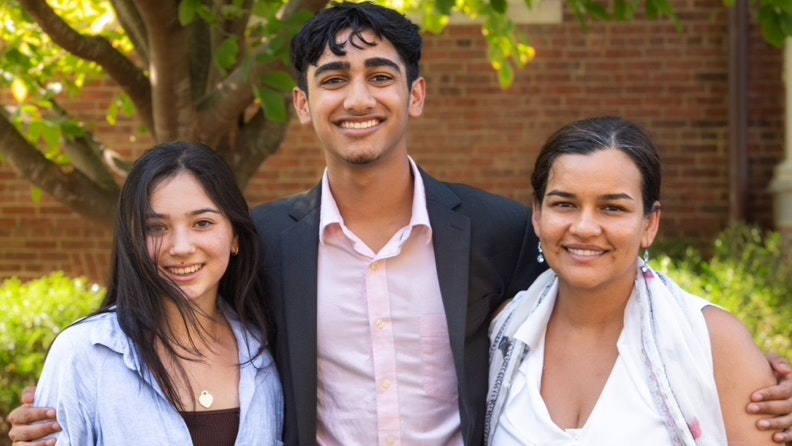
Explore Internships & Working Groups
The Radcliffe Community-Based Student Internship (CBSI) program matches Harvard undergraduate and graduate students with community organizations, based largely in the greater Boston area, for paid spring term internships. The program aims to foster community engagement by providing experiential learning opportunities to students that have real-world impact, while building new, meaningful relationships among community-based organizations, Harvard students, and the Institute. We are not currently accepting applications. Please check back in October 2024.
More on Community-Based Student InternshipsGain Leadership Experience and Training
Student Advisory Board (SAB) members shape student-related programs and experiences and represent the Institute at their respective schools and departments. Through interdisciplinary and engaged work, SAB members collaborate with students across Harvard schools, departments, and classes to shape and share Radcliffe resources and opportunities with other Harvard students. The SAB is open to Harvard undergraduate and graduate students. We are no longer accepting applications for the 2022–2023 academic year.
More on the Student Advisory Board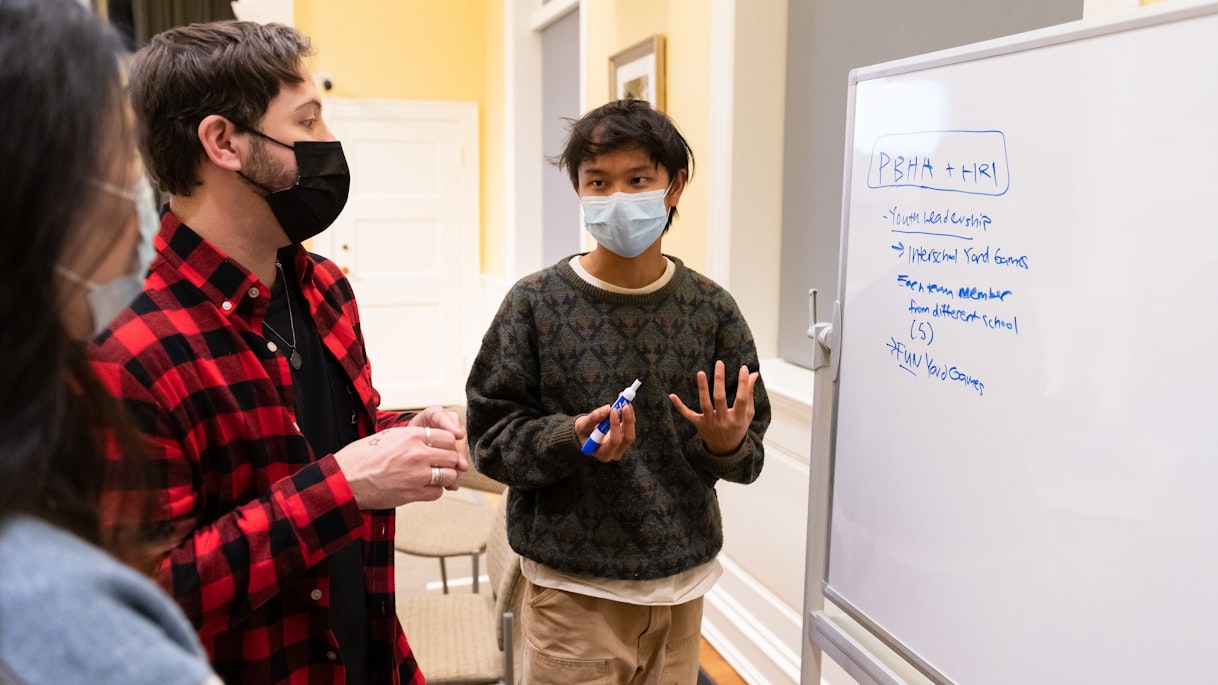

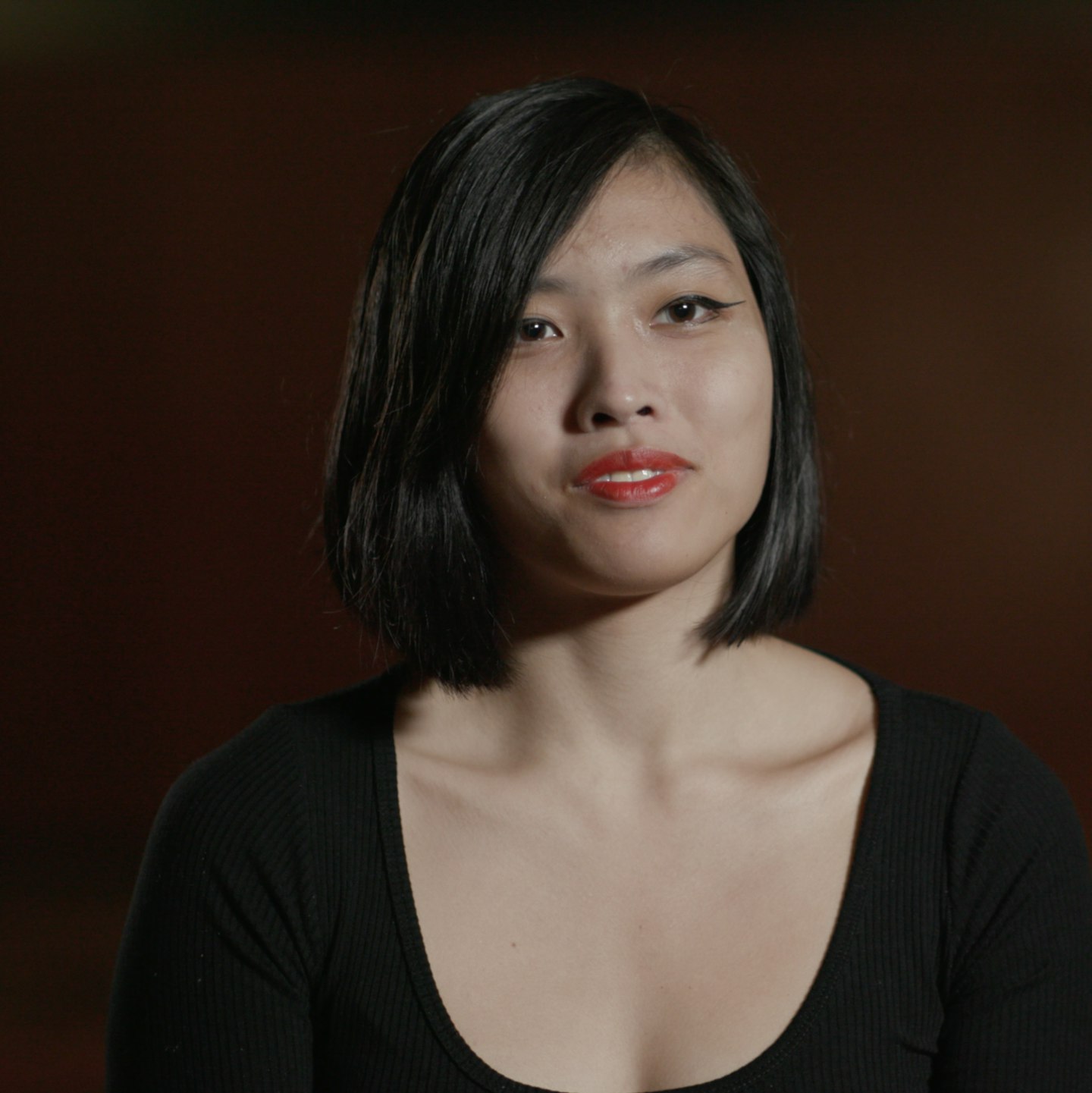
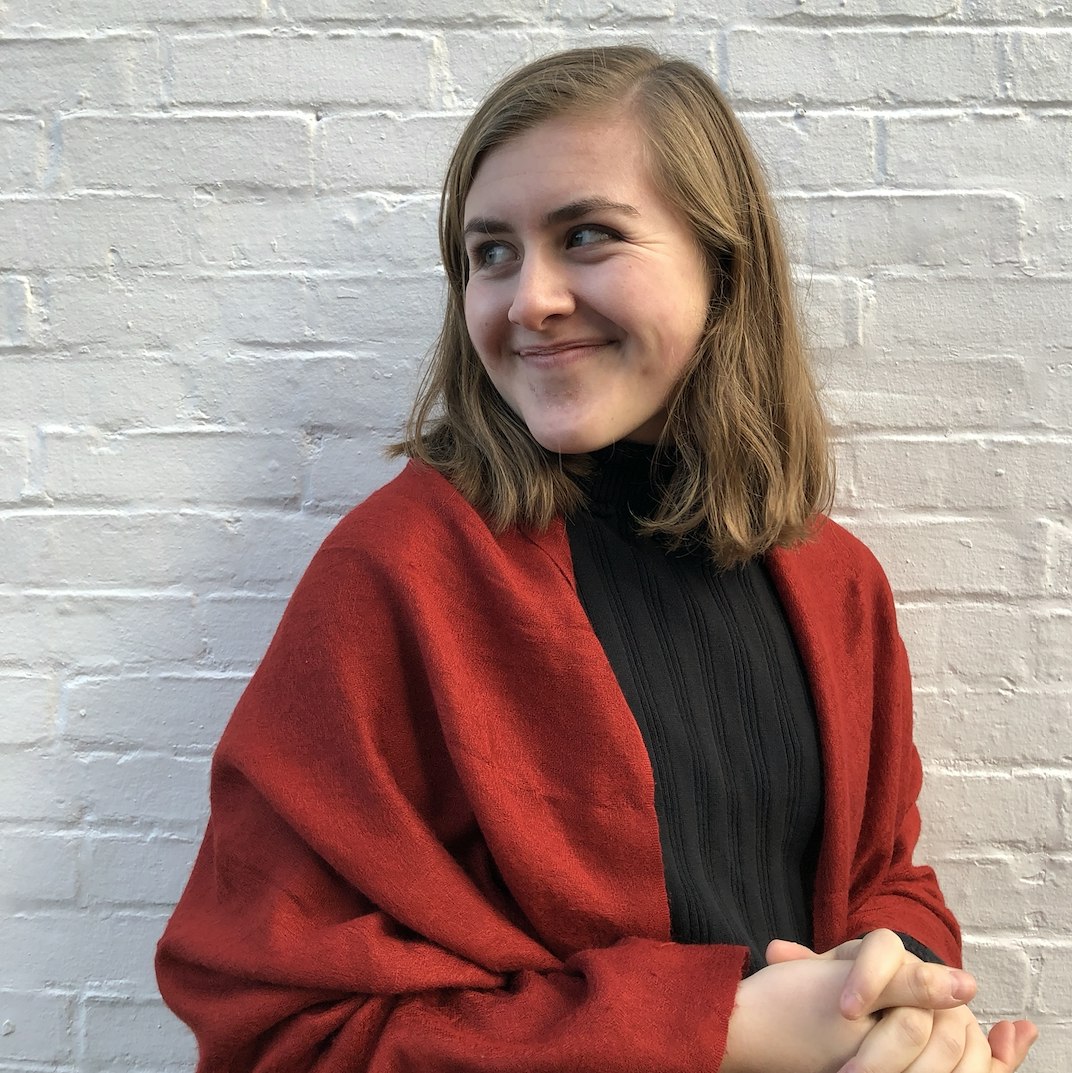
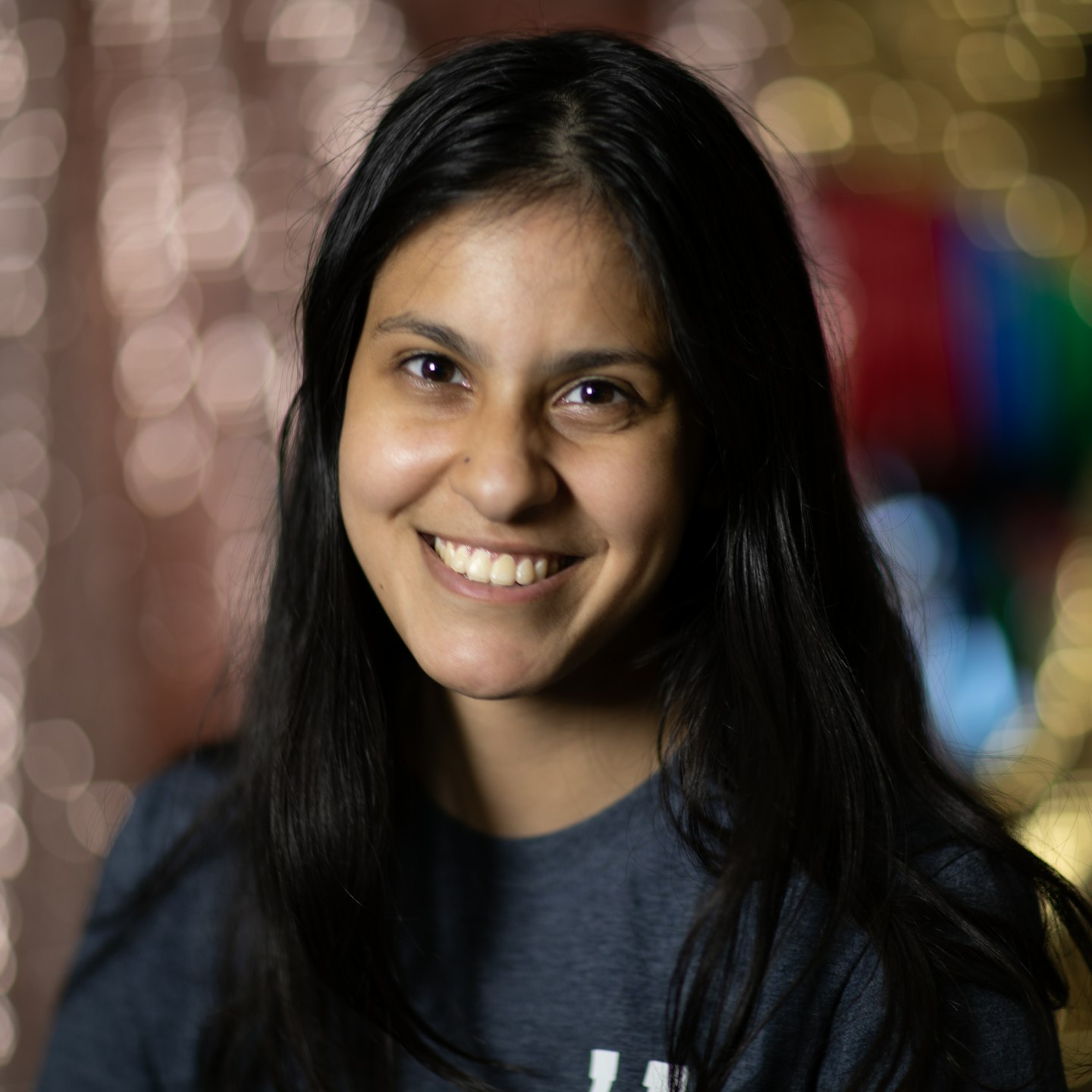
Find Student Employment at Radcliffe
Harvard Radcliffe Institute’s work spans all disciplines and professions. The Institute provides invaluable support to scholars and students pursuing pathbreaking research and creative projects, including Radcliffe fellows, participants in seminars and workshops, and those inspired by the Schlesinger Library’s rich collections. Harvard Radcliffe Institute also offers a wide range of events and exhibitions, which are free and open to the public. These programs reflect our commitment to expanding access to the University and to supporting the robust exchange of ideas.
More on Employment at Radcliffe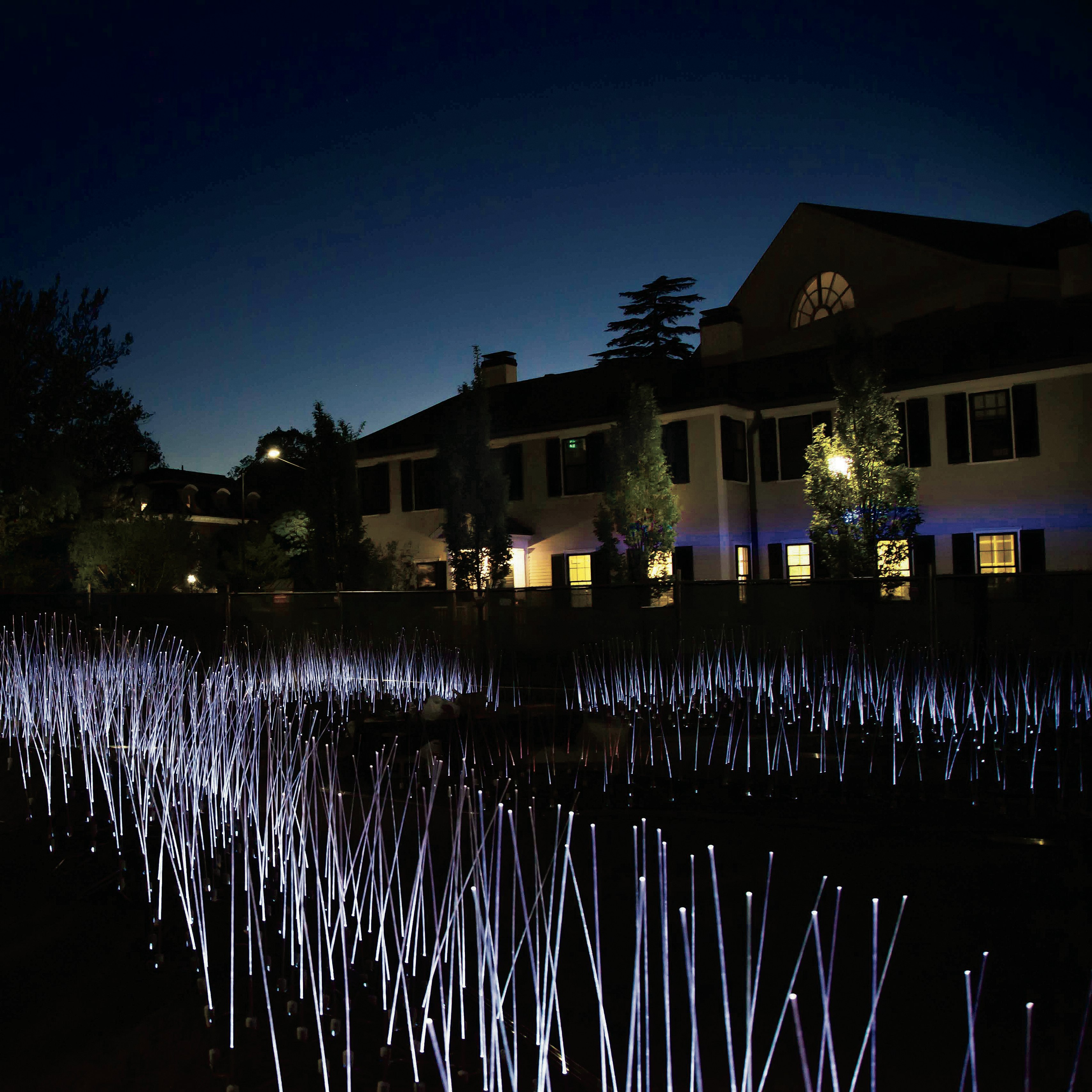
News & Ideas
Follow Us

Stars have winds. A star’s motion, with its wind, creates a cocoon or a sac—an “astrosphere”—and our Sun’s cocoon is known as the heliosphere. The heliosphere shelters our solar system from the interstellar medium and its radiation known as galactic cosmic rays. Recently, geologists discovered extraterrestrial radioactive isotopes on Earth that could only have come from outside our heliosphere. How and when were we exposed? Today, Nature Astronomy published “A Possible Direct Exposure of the Earth to the Cold Dense Interstellar Medium 2–3 Myr Ago.” In this video, the lead author, Merav Opher, discusses her team’s discovery that 2–3 million years ago the heliosphere appears to have been dramatically compressed, which would have forced the Earth out of its protective sac, leaving it exposed. The Earth’s exposure almost certainly had a substantial impact on our planet and its climate. This research indicates that there is good reason to explore whether this expulsion from the heliosphere affected the Earth’s ancient climate. This could well be the explanation for a range of phenomena, including ice ages, diversification of species, and the extinction of dinosaurs. Opher is a professor of astronomy at Boston University and the 2021–2022 William Bentinck-Smith Fellow and a 2024 summer fellow at Harvard Radcliffe Institute, where much of this work was done. For more information about this exciting discovery, head over to our Linktree to read an article in the Harvard Gazette.

As we close out #MentalHealthAwarenessMonth, we share this video of Gabrielle Calvocoressi talking about “the closet of mental illness.” They also share a new poem about finding words for the unspeakable—and finding joy amid emotional turmoil.

Meet the winners of the 2024 Captain Jonathan Fay Prize, the annual award for the top theses of Harvard College’s graduating class. Pictured here with Dean Tomiko Brown-Nagin, they are (from left) Dhruv Goel, Charlotte Skye Baker, and Justin Hu—congratulations to these outstanding graduating seniors! To learn more about their winning work, visit our Linktree.



























